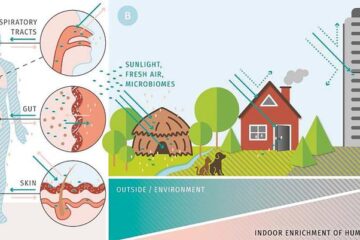The Balzan Prizes 2010

The General Prize Committee of the International Balzan Foundation, chaired in Milan by Salvatore Veca, has selected the subject areas for which prizes will be awarded in 2010:
– European History, 1400-1700 (including the British Isles)
– The History of Theatre in all its Aspects
– Stem Cells: Biology and potential applications
– Mathematics (pure or applied)
The Balzan Prize is unique among international awards in recognising, on an annual basis, particularly relevant, innovative and specific research carried out in two broad categories: literature, moral sciences and arts, and physical, mathematical and natural sciences and medicine. Consequently, the Balzan Prize aims to promote culture and sciences in all fields of knowledge.
Nominations may be submitted by 15 March 2010 by the leading international and cultural institutions (universities, research institutes, academies) specifically approached by the General Prize Committee. Names submitted must be accompanied by a description of the reasons for the nomination, a list of main publications and a complete curriculum vitae. Self-nominations will not be accepted.
The amount of each prize is one million Swiss francs. Prize winners are required to earmark half of the sum for the financing of research projects preferably conducted by young scientists and humanists.
Further Information on the International Balzan Foundation: http://www.balzan.org
Media Contact:
PR&D – Public Relations for Research & Education Campus Vienna Biocenter 2 1030 Wien Austria T +43/ 1 / 505 70 44 E contact@prd.at W http://www.prd.at
Media Contact
Weitere Informationen:
http://www.balzan.orgAlle Nachrichten aus der Kategorie: Förderungen Preise
Neueste Beiträge

Forschende nutzen ChatGPT für Choreographien mit Flugrobotern
Robotik und ChatGPT miteinander verbinden… Prof. Angela Schoellig von der Technischen Universität München (TUM) hat gezeigt, dass Large Language Models in der Robotik sicher eingesetzt werden können. ChatGPT entwickelt Choreographien…

Wie Gebäude das Mikrobiom und damit die menschliche Gesundheit beeinflussen
Führende internationale Forschende unter Federführung von Kiel Life Science-Sprecher Professor Thomas Bosch von der CAU beschreiben eine völlig neue Dimension der Mikrobiomforschung und weisen auf die bislang kaum untersuchten Auswirkungen…

Wie das Immunsystem von harmlosen Partikeln lernt
Unsere Lunge ist täglich den unterschiedlichsten Partikeln ausgesetzt – ungefährlichen genauso wie krankmachenden. Mit jedem Erreger passt das Immunsystem seine Antwort an. Selbst harmlose Partikel tragen dazu bei, die Immunantwort…





















